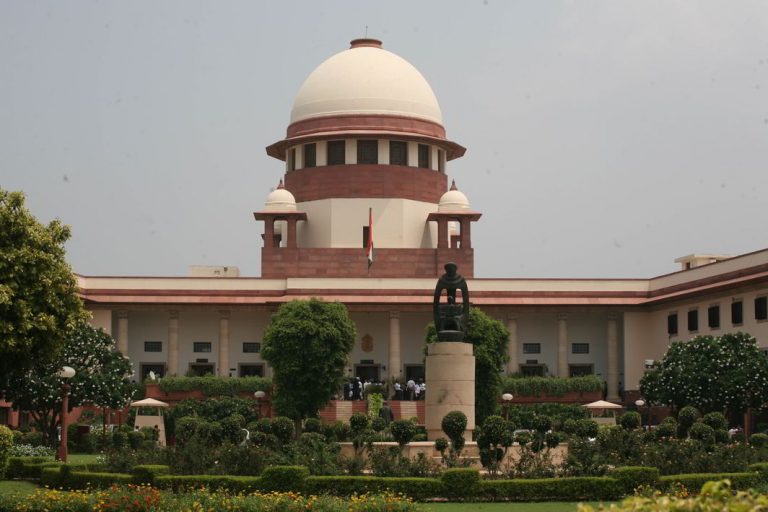
There has been too much talk about the opacity of the Supreme Court Collegium and the recent transfer and resignation of Justice Jayant Patel of the Karnataka High Court—transferred to the Allahabad High Court as the third senior-most, killing his Supreme Court prospects—has added fuel to the controversy fire.
To answer to these criticisms and bring in more transparency, the Supreme Court has decided that all the recommendations of the Supreme Court Collegium will henceforth be posted on the court’s website. This started on Friday (October 6) with the initial postings being of:
- Resolution Dated 03.10.2017 regarding transparency in Collegium System.
- Recommendation Dated 03.10.2017 regarding elevation of Judicial Officers in Kerala High Court.
- Recommendation Dated 03.10.2017 for elevation of Judicial Officers in Madras High Court (Part I).
- Recommendation Dated 03.10.2017 for elevation of Judicial Officers in Madras High Court (Part II).
This is a path-breaking gesture by the apex court that has now decided that judicial appointments will be made public. This was decided by the Collegium, headed by Chief Justice Dipak Misra, a prominent milestone in his regime.
The more important addition to this is that the new section— a new tab to the top left of the Supreme Court site, called “Collegium Resolutions”—will also provide the reason for such transfer, elevation, etc. of judges, judicial officers and others.
To begin with, the initial postings have detailed reasons for the October 3 judicial appointments to the Madras and the Kerala high courts.
The Collegium has also detailed reasons for the transparency. The two-page entry reads as follows:
SUPREME COURT OF INDIA
Re: Transparency in Collegium system.
The Chief Justice of India proposed the following Agenda for consideration by the Collegium:
“DECISION ON UPLOADING OF COLLEGIUM’S RESOLUTIONS WITH REASONS, ON EACH CANDIDATE FOR ELEVATION AS JUDGE OF HIGH COURT, CHIEF JUSTICE OF HIGH COURT OR AS JUDGE OF SUPREME COURT OR TRANSFER ON THE SUPREME COURT’S OFFICIAL WEBSITE FOR ENSURING TRANSPARENCY OF COLLEGIUM SYSTEM”.
The Collegium has resolved:
THAT the decisions henceforth taken by the Collegium indicating the reasons shall be put on the website of the Supreme Court, when the recommendation(s) is/are sent to the Government of India, with regard to the cases relating to initial elevation to the High Court Bench, confirmation as permanent Judge(s) of the High Court, elevation to the post of Chief Justice of High Court, transfer of High Court Chief Justices/Judges and elevation to the Supreme Court, because on each occasion the material which is considered by the Collegium is different.
The Resolution is passed to ensure transparency and yet maintain confidentiality in the Collegium system.
(Signed)
(Dipak Misra), CJI.
(J.Chelameswar ), J.
(Ranjan Gogoi), J.
(Madan B. Lokur), J.
(Kurian Joseph), J.
New Delhi,
October 03, 2017
The issue of the transfers became a trifle ugly with the Justice Patel issue. While the judge himself has kept his opinion to himself, there have been many within the judicial profession who have lambasted the judiciary for virtually sidelining the judge who had shown tremendous spine in ordering a CBI enquiry into the Ishrat Jahan fake encounter case during the Godhra riots of 2002. It has been alleged that the executive may have had finally gotten total control of the judiciary and is now calling the shots about judicial postings and transfers.
The reaction to this transfer (of Justice Patel) from the Supreme Court so far has been a trite comment, saying:
“Decision taken to transfer Justice Jayant Patel was a conscious and unanimous decision taken after adequate deliberation keeping in view the input on record.”
Recently even Justice J Chelameswar, who is part of the Collegium—he is also the senior-most judge of the Supreme Court—had criticized the secret nature of the functioning of the Collegium. He had even refused to participate in the Collegium meetings until there was some record made of what transpired.
—India Legal Bureau

